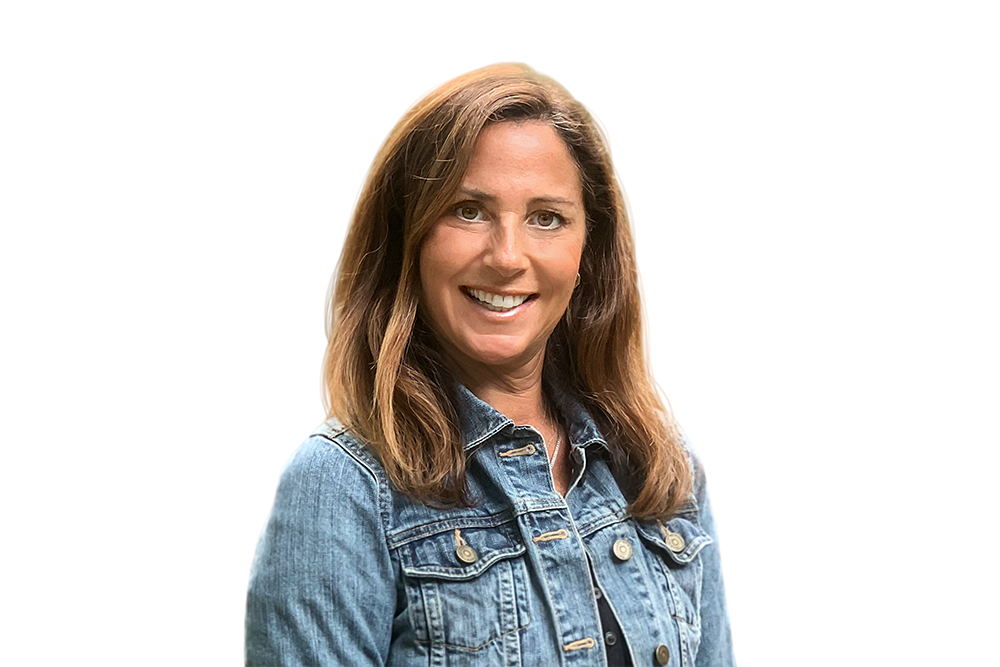In July 2020, shortly after the world was shaken by the murder of George Floyd, a Black man, Vanessa Ruda Seiden, senior partner at RHR International and leader of the U.S. Central region, shared her reflections on systemic racism and her own learning journey. Three years on, Myongii Shephard, Diversity, Inclusion & Belonging (DI&B) analyst at RHR, spoke to Vanessa about the time that’s passed since organizations began to finally talk about equity and Black Lives Matter (BLM) and to examine progress made and enduring challenges Vanessa has encountered or seen in her professional and personal life.
Myongii: Two months after the BLM protests of 2020, you talked about the extraordinary amount of learning that needs to take place; can you share some of your learnings from the last three years and if and/or how anything has shifted?
Vanessa: The topic of systemic racism and that of DI&B as a wider agenda have become increasingly visible, and people are more willing to speak about them. However, leaders are finding it challenging to find their voice and stay true to it. There is an incredibly delicate balance leaders need to strike to lead in a way that is responsive in an increasingly polarized world.
Plus, leaders have to make a choice about their own values system and that of the company. Should they be one and the same or distinct? Some leaders are trying to integrate the two, and others say they recognize they are running an organization where people have different points of view. It’s like a Venn diagram: what do you keep personal, where does it overlap with the organization, and how do you want to shape it? What overlap feels right for you? These are new conversations. Leaders know they can’t stay silent, but there is also a recognition that whatever they do through words, policy, action, or inaction has a consequence.
Myongii: In your role as an executive coach, you talked about meeting clients where they are—and how you’d started taking a different standpoint in the wake of 2020 to be more challenging. How has this been received by those you coach?
Vanessa: It’s been well received, and our audience is more cognizant, so in that way it has become easier. But it has become more difficult in other ways: three years ago, there was an awakening, and that brought with it receptivity. For most people, the George Floyd murder was so egregious that there was no controversy in stating how dreadful it was. In the last three years, it’s become harder to condemn what’s wrong and endorse what’s right, as there are so many gray areas.
Sometimes there is no clear right and wrong. Although it’s become easier for me to ask the questions because I am asking them more, it’s become more challenging to guide and coach clients through what they want the answers to be. So it’s easier to raise, but harder for leaders to find resolution. This the paradox all of us are living in, the both/and. And leaders struggle to find the balance between belonging and performance, even if they are both enablers of each other.
Myongii: RHR delivers DI&B services yet took the notable step of bringing in a third-party partner company to run some training around DI&B for RHR employees. Can you talk to me about that?
Vanessa: This program has taught me that I don’t know what it’s like to walk in anyone else’s shoes. I am now more aware of that, and I can be curious in a sensitive yet not intrusive way. I am also recognizing that things I do or say can impact another person in ways I may not be aware of. Everyone is coming to a situation with their own lived experience, and therefore things have a different meaning for different people. Who we are shapes how we respond. And it’s our responsibility to figure out how to become a better version of ourselves.
I had heard in the past that when you have a diverse group of people within your inner circle, you’ll be more open-minded and more sensitive. My own inner circle is remarkably diverse, so I assumed I was enlightened because of the people around me. The program has taught me it’s not just the difference that matters. It does not make me any better equipped to lead from a place of inclusion and psychological safety. It does not give me a free pass. I still need to do the work.
Myongii: , you shared some of the steps you’d taken to be more curious and to listen. Are there any more pieces of advice or stories you could share that would help others follow on this path?
Vanessa: Take a moment to reflect on similarities—shared experiences and shared points of pain. In coaching engagements, I sometimes ask people to bring something from their home that tells a story about them. There are so many points of connection, and this helps people realize what we have in common rather than our differences—and therefore how we can best support one another. How do we show up for one another and build someone up even if we have very different lived experiences? We can do that and still leave room for the differences that make us unique.
Myongii: How is RHR, which is in a position of power as a firm and also works with individuals in positions of power, taking action around DI&B that results in change?
Vanessa: Firstly, through our commitment to the work of the DI&B practice Cristina Jimenez and her team is building, we’re investing in a service to help our clients advance their DI&B agenda in a way that’s accessible to everyone. Secondly, we’re developing ways to weave the concepts and tools the DI&B practice uses into the every day of our clients. I already do this, but having more tools allows us to help it become embedded in all we do. Lastly, and building on from the blog from three years ago, as a coach, I am much more intentional (but not prescriptive) in challenging clients to consider DI&B and to think carefully about the consequences of how they address it in their roles as leaders.
Moving the needle on DI&B
Although there is much work to be done, the last three years have evidenced that when people, particularly leaders, are prepared to put in the work, change is possible. If embedding DI&B is a challenge your organization is working through, RHR is hosting a series of free webinars about improving diversity through talent assessment and development. You can register for the sessions and watch past sessions on demand here.







